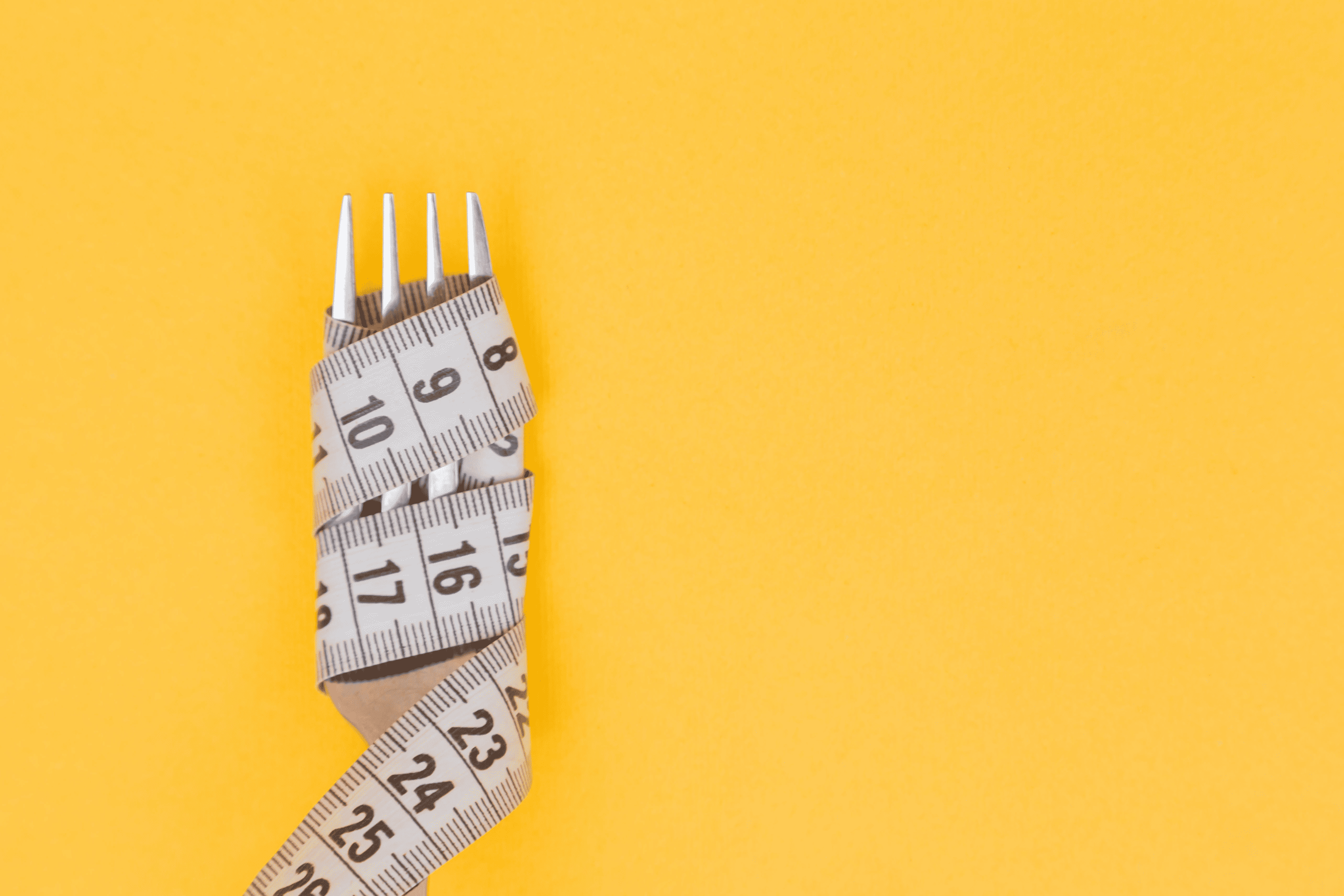Can I Drink Alcohol On The Atkins Diet
Yes! Although on the Atkins diet, alcohol consumption should be approached with caution and moderation. While alcohol itself is not permitted during the induction phase of the diet, it can be gradually reintroduced in later phases. However, even a single serving of alcohol has the potential to temporarily pause fat burning and impact blood sugar levels, so it’s important to understand the potential effects of alcohol on the body and how it may impact your progress on the diet.
If you choose to include alcohol in your Atkins diet, here are some guidelines to follow:
Choose low-carbohydrate options
Opt for alcoholic beverages that are low in carbohydrates such as dry wines (red or white), or carb free light beers, or spirits like vodka, gin, or whiskey. Be mindful of mixers and avoid those that are high in sugar or carbohydrates such as tonic water, fruit juice and soft drinks.

Spirits (Whiskey, Vodka, Rum, Tequila, Gin): These types of distilled spirits are generally low in carbohydrates and can be enjoyed neat or mixed with zero-carb mixers like soda water or diet soda. They typically contain zero carbs, but it’s essential to check specific brands and flavored variations, as some may have added sugars.
Dry Wines: Not all wines are suitable so try sticking to dry wines, such as red, white, or rosé, can be a suitable choice in moderation. Dry wines have lower residual sugar content compared to sweet or dessert wines. They generally contain around 2-4 grams of carbs per 5-ounce (148 ml) serving, making them a relatively low-carb option.
Light Beers: If you enjoy beer, opt for light or low-carb beer options. These beers are brewed to have lower carbohydrate content compared to regular beer. They typically contain around 3-6 grams of carbs per 12-ounce (355 ml) serving. It’s essential to be mindful of your intake, as beer consumption can add up quickly in terms of carbs and calories.
Hard Seltzers: The Hard seltzer craze has gained popularity in recent years and are typically low in carbohydrates and calories. Many hard seltzers are made with a base of sparkling water, alcohol, and natural flavors. They often contain around 1-4 grams of carbs per 12-ounce (355 ml) serving. However, be sure to check the specific brand and flavor, as some may have higher carb content due to added sugars or fruit juices.
Pure Spirits with Zero-Carb Mixers: If you prefer mixed drinks, you can opt for pure spirits like vodka or tequila and mix them with zero-carb mixers like soda water, diet tonic water, or sugar-free energy drinks. Be cautious with flavored mixers, as they may contain added sugars or artificial sweeteners that can affect your carbohydrate intake.
Carbohydrate content in various alcoholic beverages:
Based on a standard serving size of 12 ounces of beer, 5 ounces of wine, or 1.5 ounces of hard liquor;
Alcoholic beverages with 0 carbs or less than 1 carb:
| Bourbon (0.04 carbs) |
| Vodka |
| Scotch |
| Brandy |
| Gin |
| Rum |
| Tequila |
| Whiskey (0.04 carbs) |
Alcoholic beverages with less than 5 carbs:
| Red Wine |
| White Wine |
Alcoholic beverages with more than 5 carbs:
| Light beer (5.81 carbs) |
| Regular beer (12.64 carbs) |
Plan ahead

If you know you’ll be consuming alcohol, adjust your carbohydrate intake from other food sources to accommodate the carbohydrates in the alcoholic beverage. Be mindful of the overall carbohydrate content of your meals and drinks to stay within your target range. Some ideas for doings this include.
Reduce carbohydrates in other meals: If you know you’ll be consuming an alcoholic beverage later in the day, you can adjust your carbohydrate intake from other meals to make room for the carbohydrates in the drink. For example, you could choose to have a salad with lean protein and non-starchy vegetables for lunch instead of a sandwich with bread or a side of rice. This reduces your carbohydrate intake during the day, allowing you to enjoy a drink without exceeding your carbohydrate limit.
Choose lower-carb food options: Another approach is to opt for lower-carbohydrate food choices when planning your meals around alcohol consumption. For instance, you could have grilled chicken or fish with roasted vegetables and a small serving of cauliflower rice instead of pasta or potatoes. By selecting lower-carb alternatives, you create more flexibility in your carbohydrate allocation for the alcoholic beverage.
Prioritize protein and healthy fats: Protein and healthy fats can help increase satiety and provide sustained energy. By focusing on protein-rich foods such as lean meats, eggs, or tofu, and incorporating healthy fats from sources like avocados, nuts, or olive oil, you can balance your macronutrient intake while reducing the carbohydrate content of your meals. This allows you to enjoy a moderate amount of carbohydrates from the alcoholic beverage without significantly impacting your overall carbohydrate count.
Stay hydrated
Alcohol can have a dehydrating effect on the body, so it’s important to drink plenty of water alongside any alcoholic beverages. Hydration is crucial for overall health and can help mitigate some of the negative effects of alcohol.
Moderate consumption
Limit your alcohol intake to moderate levels. This generally means no more than one or two drinks per day. Excessive alcohol consumption can not only hinder weight loss but also have negative impacts on overall health.
Impact of Alcohol on the Body
It’s important to note that alcohol is metabolized differently for each person in the body and can temporarily pause fat burning until the alcohol is processed. Additionally, alcohol can lower inhibitions and make it more challenging to stick to your dietary goals. Therefore, moderation is key.

How alcohol is metabolized in the body
When you consume alcohol, it undergoes a specific metabolic process in the body. The liver is primarily responsible for breaking down alcohol through a series of enzymatic reactions. The enzymes involved, including alcohol dehydrogenase and acetaldehyde dehydrogenase, convert alcohol into acetaldehyde and then into acetic acid. Acetic acid is further metabolized into carbon dioxide and water, which can be excreted from the body.
Effects of drinking alcohol on blood sugar levels and ketosis
Drinking alcohol can have effects on blood sugar levels and the state of ketosis, which is a key aspect of the Atkins diet. While alcohol itself does not contain carbohydrates, it can impact blood sugar levels due to its metabolism in the body. When alcohol is consumed, the liver focuses on processing the alcohol rather than releasing glucose into the bloodstream. This can lead to a temporary drop in blood sugar levels, which may cause feelings of dizziness, fatigue, or lightheadedness.
In terms of ketosis, the body’s metabolism of alcohol takes precedence over burning fat for fuel. When alcohol is present in the system, the body prioritizes metabolizing it, temporarily halting the process of ketosis. This means that while alcohol is being metabolized, the body is not actively burning fat for energy. However, once alcohol metabolism is complete, the body can resume ketosis and fat burning.
To minimize this, don’t drink on an empty stomach, and limit alcohol on a low carb diet, think two drinks per day for a man, or one drink for a woman.
The late physician Alex Paton, who was a gastroenterologist and expert on alcohol misuse, stated:
Because of this process by the body, you may also hit the legal driving limit quicker than you usually would, so be careful if you’re planning to drive home.
Caloric content of alcohol and its potential impact on weight loss

Alcohol contains calories, and these calories can contribute to your overall energy intake. Each gram of alcohol provides about 7 calories, which is close to the caloric content of fat (9 calories per gram).
Consuming alcoholic beverages adds calories to your diet without providing substantial nutritional value. This can be problematic for weight loss because it increases overall calorie intake and potentially disrupts the calorie deficit required for weight loss.
Moreover, alcohol can lead to increased hunger and cravings, making it more challenging to adhere to the principles of the Atkins diet. It can also lower inhibitions and impair judgment, potentially leading to poor food choices or overeating.
While moderate alcohol consumption may not significantly hinder weight loss efforts, excessive or frequent alcohol intake can impede progress. It’s essential to be mindful of your overall calorie intake, including the calories from alcohol, to ensure that you’re staying within your desired calorie range for weight loss.
Remember, individual tolerance and reactions to alcohol can vary. Some individuals may find that alcohol stalls their progress on the Atkins diet or affects them differently and always best to consult with a healthcare professional or registered dietitian for personalized guidance.
Sources:
Nutrient Data Laboratory, USDA. (2021). USDA FoodData Central. https://fdc.nal.usda.gov/
Westman, E. C., et al. (2007). The effect of a low-carbohydrate, ketogenic diet versus a low-glycemic index diet on glycemic control in type 2 diabetes mellitus. Nutrition & metabolism, 4(1), 1-6.
Nutritionix. (2021). Alcohol Nutrition Facts. https://www.nutritionix.com/

